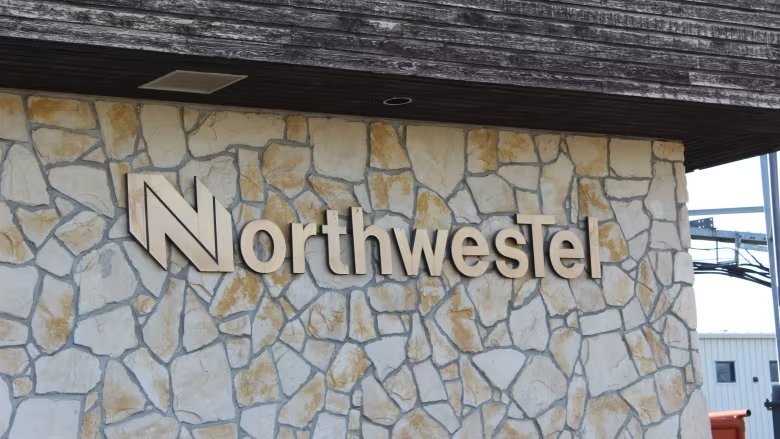‘Perfect storm’ credited for knocking out telecom infrastructure in the North

Kwanlin Dün First Nation Chief wants more redundancies in northern telecom systems
A spokesperson for telecommunications provider Northwestel says a “unique set of circumstances” converged Friday, knocking out internet, cell phone and landline service across parts of the North.
Tammy April, vice president of customer experience with Northwestel, said Yukon’s primary fibre line passes through Fort Nelson, B.C. while its backup goes through Jean Marie River and Kakisa in the N.W.T.
Wildfires raging in both areas destroyed both lines.
“This is the first time that we’ve had both our accesses to the Yukon fully severed, since we put in that redundancy,” she said. “This was a little bit of a perfect storm.”
Genevieve Bessette was at Whitehorse’s community radio station Saturday using a free Starlink hotspot that had been set up. The student from Ottawa was “mostly rolling with” the outage, but wanted to get in touch with family members back home.
“It’s weird having electricity but no internet,” Bessette observed.
Disruptions across the North began on Friday. By Sunday morning, Northwestel said damaged lines had been fixed and internet, cell phone and landline services had been restored in the N.W.T., Yukon, Nunavut and northern B.C.
Yellowknife has a single fibre line running out of the city, and April said that makes it “vulnerable” to outages. It’s why Northwestel is trying to fund a submarine fibre line under Great Slave Lake, she said.
Yukon, on the other hand, with its two fibre lines is generally well protected, said April. She said there was a fairly small chance something like the weekend outage would happen in the territory again.
Kwanlin Dün First Nation Chief Sean Smith said, however, the situation was “worrisome.”
“This incident right now is something to be concerned about,” he said in an interview on Saturday. But, he said, there are things to be learned from it which can help shape the way things work in the future.
“How can we build up those systems to be more redundant,” he asked. “Our whole life is dependent on communications and technology now.”
-With files from Chris Windeyer and Cheryl Kawaja
Related stories from around the North:
Canada: Arctic Canada’s senator blasts telecom national giant for holding near monopoly, CBC News
Norway: New satellites to boost communications in Arctic Norway, The Independent Barents Observer
Russia: Russian military to get fast, secure internet through trans-Arctic cable, The Independent Barents Observer
United States: Alaska’s first wireless 5G network to be built in Anchorage, Alaska Public Media



